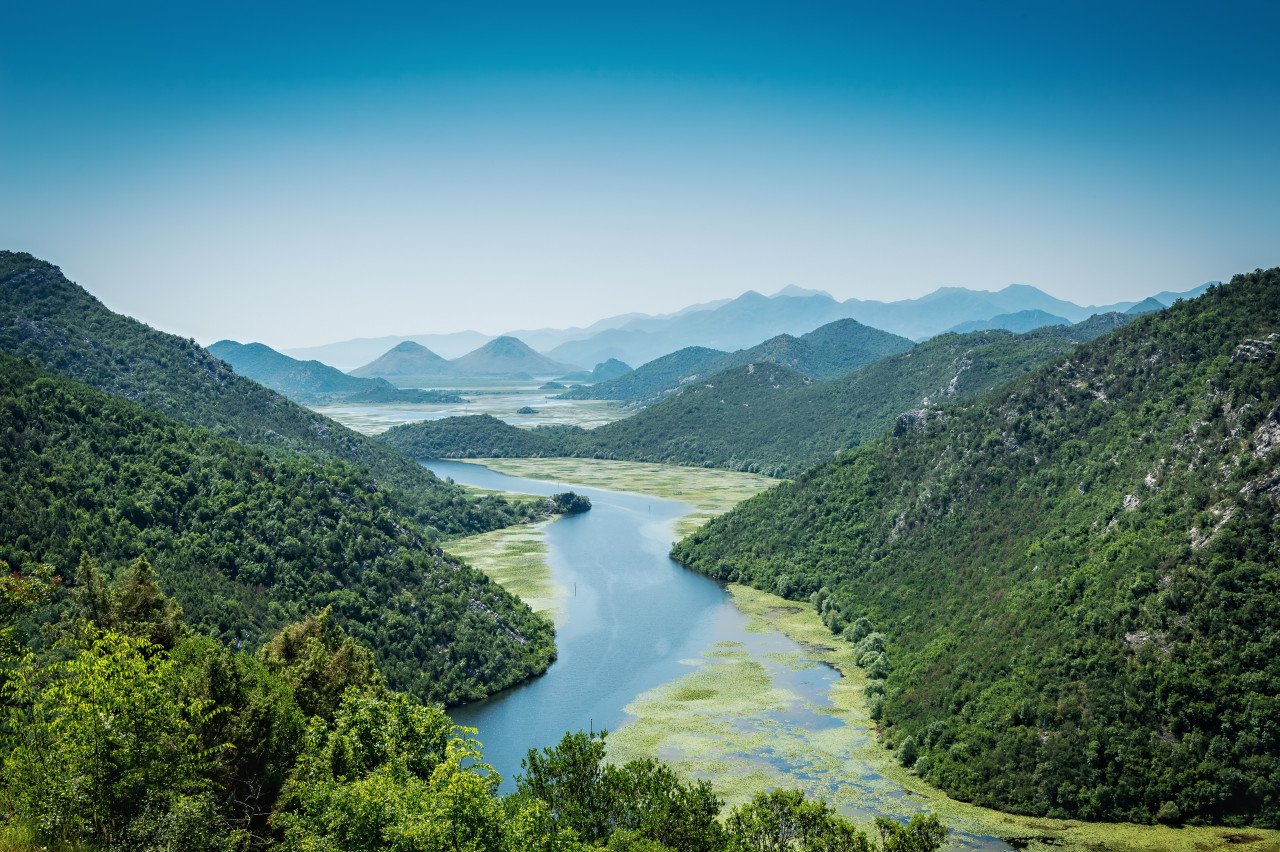UN declares the right to a healthy environment as a human right
In a historic move, the United Nations General Assembly on Thursday (July 28) declared that everyone on the planet has a right to a healthy environment.
The resolution passed at the UN headquarters in New York City cautioned that climate change and environmental degradation were some of the most pressing threats to the future of humanity, and called upon the States to step up efforts to ensure that their citizens have the right to access to a "clean, healthy, and sustainable environment".
"This resolution sends a message that nobody can take nature, clean air, and water, or a stable climate away from us – at least, not without a fight," said Inger Andersen, Executive Director of the UN Environment Programme (UNEP).
While the resolution is non-binding on the 193 UN Member States, supporters of the resolution are hopeful that this move will give environment activists and campaigners greater strength to challenge ecologically destructive policies and projects. Further, they believe, it may have a trickle-down effect, and prompt countries to incorporate the right to a healthy environment in national constitutions and regional treaties encouraging States to implement those laws.
The latest UN General Assembly resolution follows a suit of similar legal reforms at the national and international levels. In April, the UN Human Rights Council declared access to a "clean, healthy and sustainable environment" a human right.
"These resolutions may seem abstract, but they are a catalyst for action, and they empower ordinary people to hold their governments accountable in a way that is very powerful," said David Boyd, the UN Special Rapporteur for Human Rights and Environment, before the vote.
Citing a few examples of how these declarations shape national laws, the UN noted that earlier this year, countries in Latin America and the Caribbean pledged more support for so-called environmental defenders, including indigenous peoples campaigning against logging, mining, and oil exploration in the protected areas. Last year, NY State passed a constitutional amendment guaranteeing citizens a right to a "healthy environment". More recently, Brazil's supreme court declared the Paris Climate Change agreement, a human rights treaty noting that the pact should supersede national law.
Therefore, the advocates of the policy are hopeful, that the latest resolution will result in more decisions like those.
"Virtually all countries have national laws designed to limit pollution, protect plants and animals, and counter climate change. But those rules are not always fully implemented and when they are violated, citizens often struggle to hold governments and companies accountable," the UN said in its official statement.
Andersen pointed to a similar decree recognizing the right to sanitation and clean water that was passed in 2010. That resolution spurred countries across the globe to add drinking water protections to their constitutions.
The latest resolution has the same historic potential, Andersen added.





















